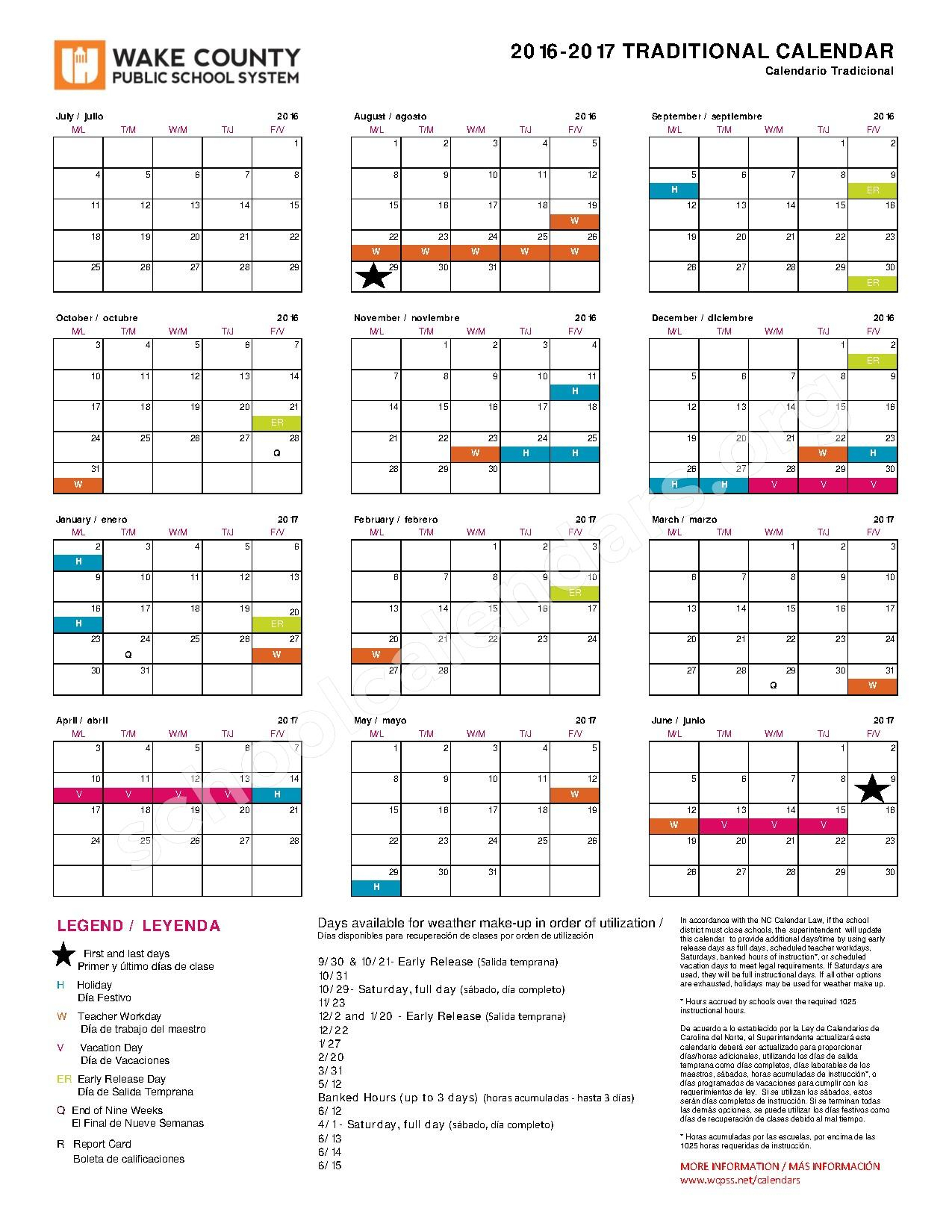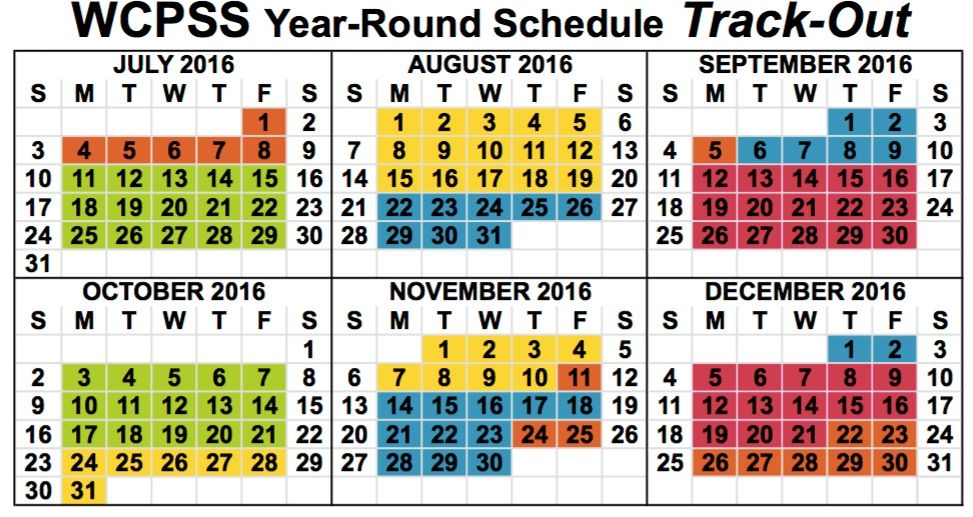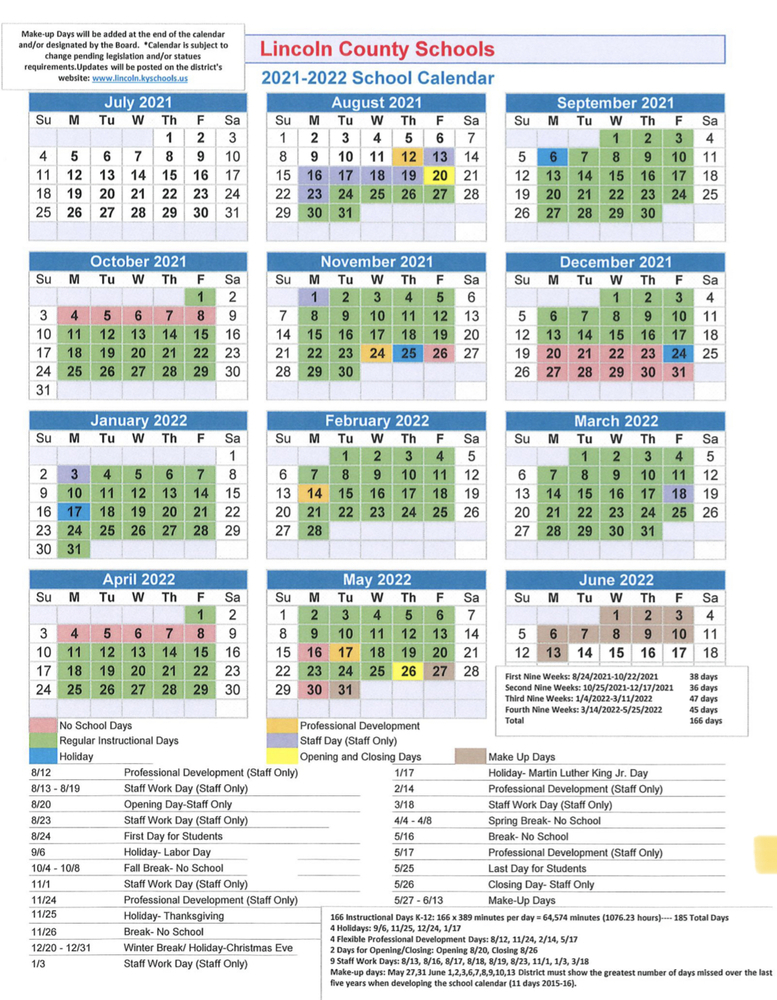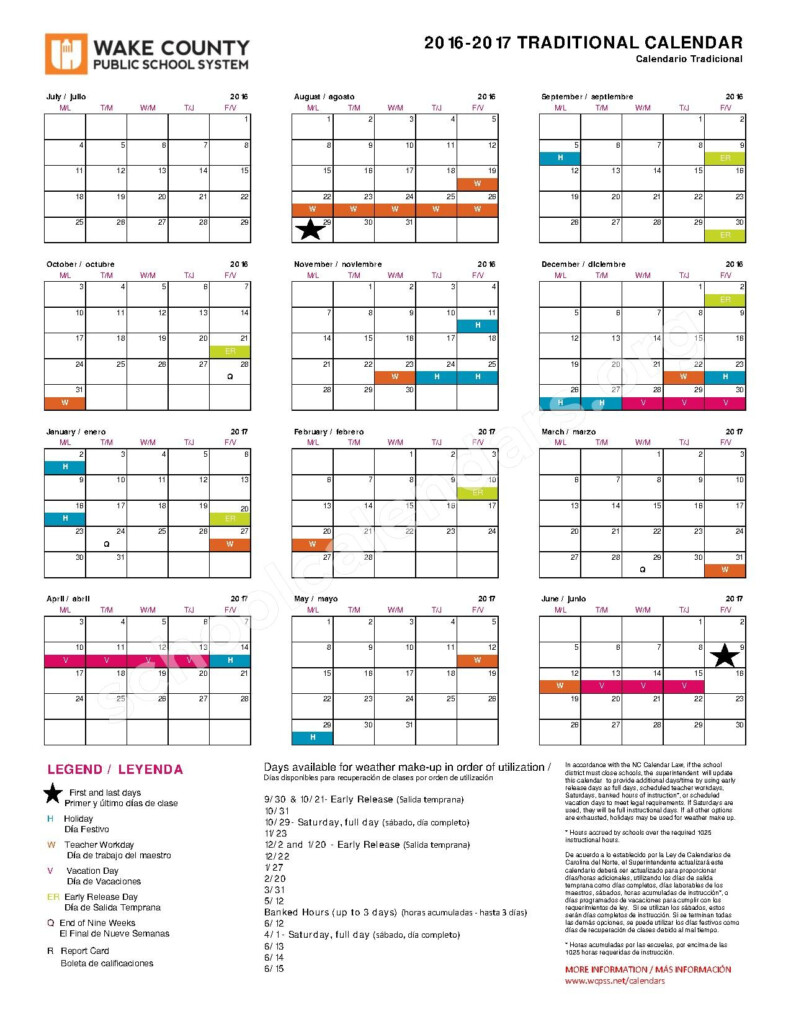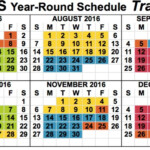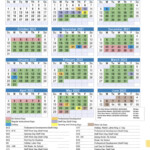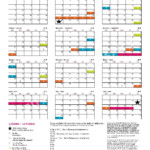Lincoln County Schools Year Round Calendar – The calendar of the school year commonly referred to as an academic calendar, is an outline that defines the start and ends of the school year, as well as important dates, such as breaks, holidays, as well as professional development days. It is a crucial device for schools to manage and plan their academic year. It also helps teachers, students and parents prepare for upcoming events and deadlines.
How to Create a School Year Calendar
- Find out the dates for start and finish The first step to creating a school calendar is to determine the start and end dates for every academic session. It will be determined by your school’s district and state regulations.
- Note important dates: After you’ve determined the start and end dates, identify important dates like holidays, breaks and in-service days. These dates are listed in the calendar of the previous year or on your district’s site.
- Schedule breaks and holidays When scheduling breaks and holidays, you should include them in your schedule like winter break, spring break, and summer vacation. Be sure to include any extra days off, like federal holidays, or religious holidays.
- Include professional development and in-service days: In-service and professional development days are essential for teachers who plan their lessons and are preparing to start the year. Make sure you add these dates in your calendar.
- Adjust for unexpected conditions In the event of unexpected events, it is crucial to be flexible and change the calendar when needed to deal with unexpected scenarios like severe weather or school closings unexpected circumstances.
Types of School Year Calendars
- Traditional Calendar: This is the most commonly used type of school calendar that is used throughout the United States, where the academic year typically runs from September or August to June or May, with breaks in the summer for holidays and summer vacation.
- Year-Round Calendar: The Year-Round version of calendar is designed to spread the school year over 12 months, with shorter breaks throughout the year instead of a single summer break.
- Hybrid Calendar: This type has elements from traditional and year-round calendars. The calendars have longer breaks throughout the school year , and a more short break during summer.
Academic Calendar against. School Calendar
- Definition and differences The academic calendar is what is used to define the academic year, while the school calendar contains various events and activities which are not included in the academic schedule that include sports, games along with dances, concerts, and fundraisers.
- Examples of each A calendar for academics could contain start and end dates in addition to holidays and exam times, while a school calendar could include prom, homecoming weeks and parent-teacher conferences.
Tips for Planning a School Year Calendar
- Get input from stakeholders Include staff, teachers, parents, and students in the process of planning to ensure that the calendar is able to meet the requirements of the entire school community.
- Consider community events: Be aware of events in your community and holidays that might impact the school’s attendance or schedule including fairs, festivals, or religious holidays.
- Examine the calendar for the previous year: Evaluate what worked well and what did not work well in the calendar for the previous year. employ that information to enhance the new calendar.
- Be flexible: Create flexibility for unexpected events for example, weather-related closures or changes in state testing dates.
- Plan for contingencies: Make prepared for emergencies or unexpected circumstances that require changes within the scheduled calendar.
Conclusion
A well-organized calendar of the school year will ensure that you have a successful academic year. If you adhere to these guidelines and the best techniques, schools can make calendars that satisfy demands of all the members of the school community , and permits flexibility in case of unforeseen events. A carefully designed calendar will aid students, teachers and parents prepare for the year ahead, in order to ensure a pleasant overall academic experience.
